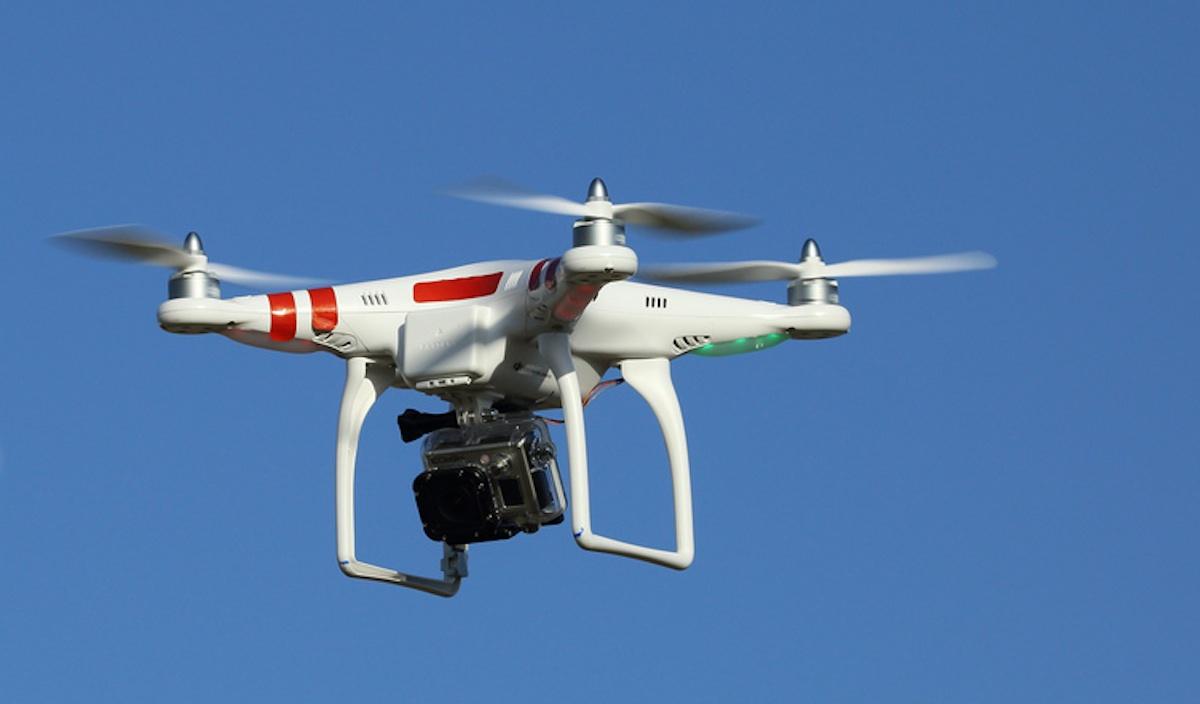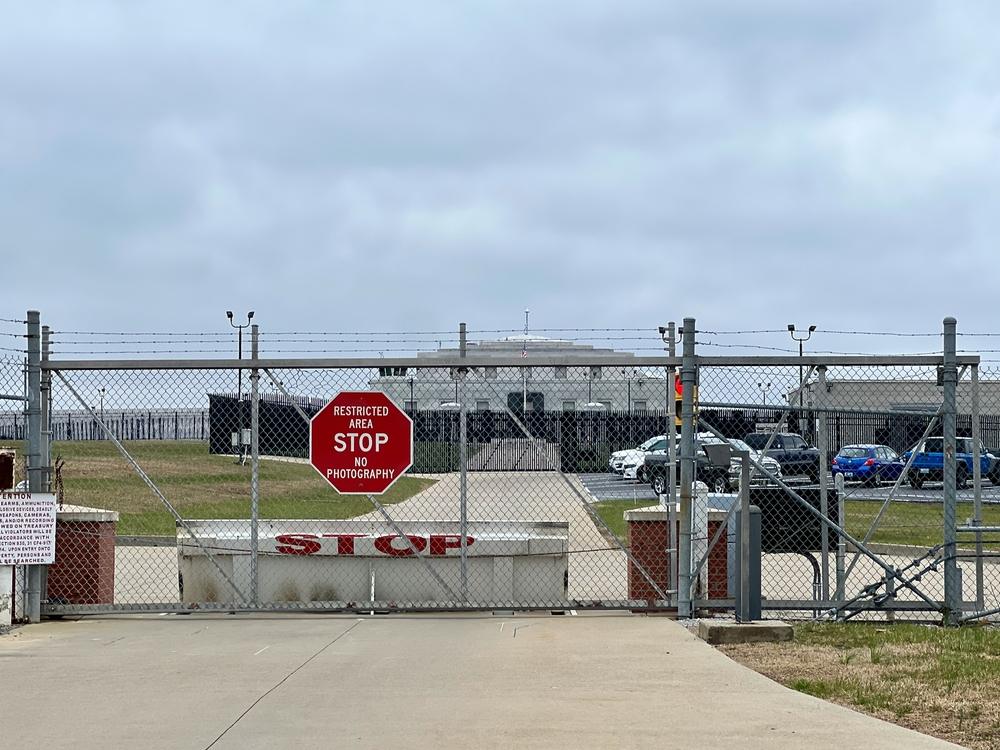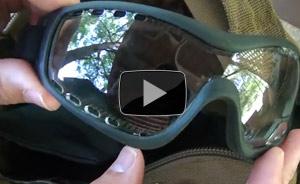
A drone could hover a few above your lawn and you would have no legal right to do anything.
That’s because there is no clear doctrine on how far into the sky property rights extend. Instead, there are two conflicting and vague standards. The Federal Aviation Administration (FAA) contends that Uncle Sam controls all the airspace in the United States – even the space directly above your lawn — while common law infers that property owners have some rights to the air over their land.
“There is gray area in terms of how far your property rights extend,” Jeramie Scott, an attorney at the Electronic Privacy Information Center, a Washington think tank, told The Washington Post. “It’s going to need to be addressed sooner rather than later as drones are integrated into the national airspace.”
The issue is a significant one: About 700,000 drones were sold in America just last year.
William Merideth discovered the legal dilemma over drones the hard way when one flew over his home in Bullitt County, Kentucky, on July 26, 2015. Merideth called the sheriff but found there was nothing law enforcement could do, and so he blasted the drone with buckshot from his Beneli M1 Super 90 shotgun and knocked it out of the sky.
Learn How To Become Invisible In Today’s Surveillance State!
“I have a right as an American citizen to defend my property,” Merideth told NBC News. “I think — no, I know — that I was completely justified in protecting my family.”
Bullitt County Judge Rebecca Ward agreed with Merideth and dismissed felony charges against him.
“I think it’s credible testimony that his drone was hovering from anywhere, for two or three times over these people’s property, that it was an invasion of their privacy and that they had the right to shoot this drone,” Ward told TV station WAVE.
The drone’s owner John Boggs; who is also Merideth’s neighbor, disagreed. He filed a lawsuit against Merideth that could have important legal implications for all Americans in federal court. Boggs is arguing that Merideth had no right to shoot down the drone because the air over the home was not his property.
The problem is that courts have never ruled on the question: How far do property rights extend above your land? For example, you have the right to cut limbs off your neighbor’s trees if they grow over your property line, The Post noted.
Story continues below video
Another problem is that the courts have never ruled on how low aircraft can fly. The US Supreme Court has not ruled on the issue since 1946 in a case called United States v. Causby. Back then, the court ruled that the federal government violated a farmer’s property rights when low flying military aircraft passed over his barn and disturbed his chickens. The airport near his farm drove him out of the chicken business, and he won compensation.
In Causby, the Supremes ruled that an owner’s property’s rights extend to “at least as much of the space above the ground as he can occupy or use in connection with the land.”
“This industry is growing quickly — and it’s to some extent being stifled by the legal uncertainty surrounding these issues,” James Mackler, an attorney who represents Boggs, told the newspaper.
Story continues below video
https://www.youtube.com/watch?v=eeM3qM5YB7E
The problem with the Supreme Court’s standard is that it seems to give drones the right to fly through empty air over a property as long as they do not interfere with the use of the property. That means it may be legal to shoot down a drone that flew in front of your window – which seemingly would be an invasion of privacy — but not legal to blast one flying a few feet over the perimeter of your property.
Merideth and Boggs disagree over how close the drone was to Merideth’s land. Boggs says it was about 200 feet above the land, while Merideth says it was much closer. Even though the judge dismissed criminal charges against Merideth, the civil case is ongoing. It is one that could lead to an important legal precedent, affecting all Americans.
If a drone flew over your property, would you shoot it down? Share your opinion in the section below:
You’re Being Watched: 7 Sneaky Ways The Government Is Tracking Your Every Move. Read More Here.











